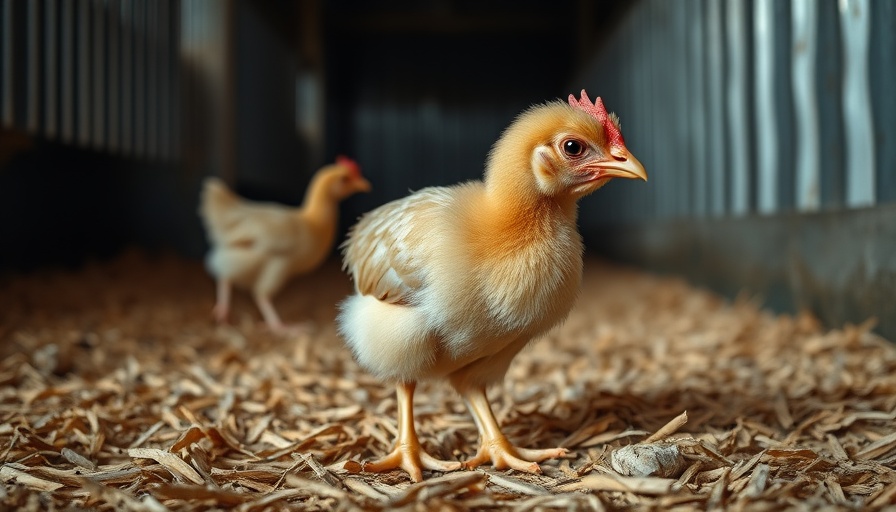
Understanding Coccidiosis in Young Chickens
Coccidiosis, a common parasitic disease affecting chickens, particularly young chicks, can become critical if not addressed promptly. In five-week-old chicks, the symptoms may include lethargy, lack of appetite, and diarrhea, often with blood or mucus. Early intervention is crucial for improving the chances of recovery and preventing severe outbreaks among your flock.
Effective Treatment Options for Coccidiosis
When treating a chick for coccidiosis, veterinarians often recommend the use of anticoccidial medications available through feed or water. Common treatments, such as Amprolium, help block the life cycle of the parasite, allowing the chick’s immune system to strengthen without the overwhelming load of the infection. Additionally, ensuring that the affected chick remains hydrated and receives adequate nutrition can further aid recovery.
Prevention Strategies to Consider
Effective management practices can reduce the incidence of coccidiosis. Keeping coops clean and minimizing overcrowding will lower the risk of parasite transmission. Integrating appropriate vaccination schedules and maintaining a balanced diet rich in vitamins and minerals supports overall chick health and boosts immunity against various diseases, including coccidiosis.
Long-Term Health Implications
Overcoming coccidiosis is not just about treating a symptomatic chick; it’s about establishing a healthier environment for the entire flock. Regular health checks and modeling best practices in care can prevent the recurrence of outbreaks, ensuring that your chickens thrive well into adulthood.
In conclusion, understanding how to treat and prevent coccidiosis is essential for the wellbeing of young chickens. By taking action against this disease, poultry keepers contribute to a healthier future for their flocks.
 Add Row
Add Row  Add
Add 




Write A Comment